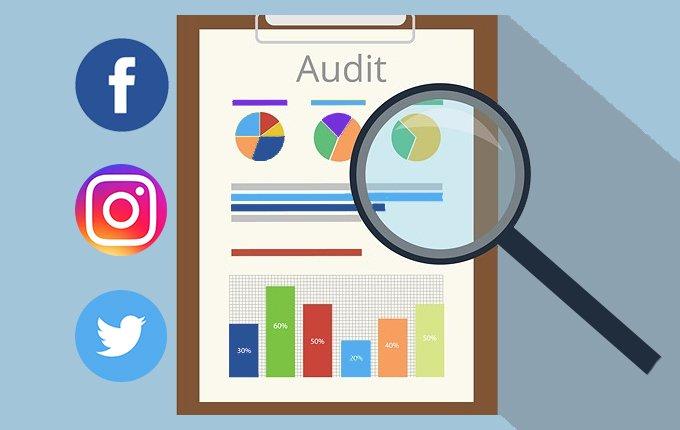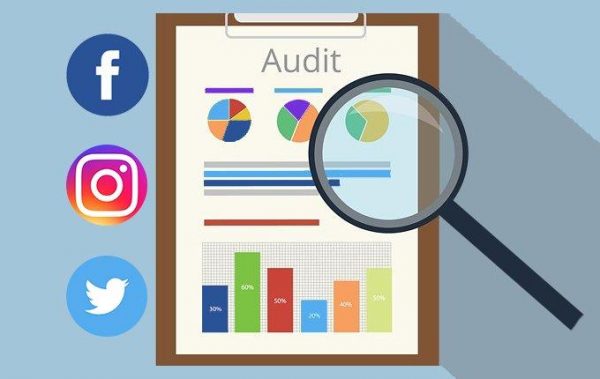Optimizing social media profiles for search engines can be just as important as optimizing websites, especially for brands looking to enhance their online presence. An SEO audit for social media profiles helps identify areas where profiles can be improved to increase visibility, engagement, and ranking in search results.
Read more about Social Media
This post will outline the key steps for conducting a comprehensive SEO audit for social media profiles, providing actionable insights to help improve performance.
How to Conduct SEO Audits for Social Media Profiles
-
Review Profile Information and Keywords
The first step in any SEO audit is reviewing the basic profile information, such as the bio, username, and URL. Make sure your profile name and bio include relevant keywords that reflect your brand’s core offerings. For example, if your business offers digital marketing services, words like “digital marketing,” “SEO,” and “social media marketing” should naturally appear in your bio. Also, verify that your URL is clean and concise, as this improves both user experience and SEO performance.
-
Optimize Profile Descriptions
The descriptions in your profiles should communicate your brand’s value and purpose, but they should also be optimized for search engines. Check that you’re using primary keywords without overstuffing. The key here is to balance readability for users while ensuring that search algorithms can identify the relevance of your profile. Use clear, concise language and ensure your descriptions are up to date with current services or offerings.
-
Check Consistency Across Platforms
Consistency is key when it comes to optimizing social media profiles. Ensure that your brand name, keywords, profile picture, and branding elements (like logos and colour schemes) are consistent across all platforms. This not only helps with brand recognition but also improves your SEO, as search engines favour cohesive and well-branded profiles. Inconsistent information can lead to confusion for both users and search engines, which can hurt your ranking.
Sign up for the Connect Nigeria daily newsletter
-
Analyze Content for Engagement and SEO
Review the content you post on your social media profiles and assess its SEO performance. Are you incorporating keywords into your posts, hashtags, and captions? Make sure you are using relevant, well-researched keywords that align with your brand. At the same time, prioritize creating engaging content that resonates with your audience. Posts that gain higher engagement are often favoured by social media algorithms, which in turn boosts your profile’s visibility.
-
Evaluate Link Structures
Social media profiles should contain optimized links that drive traffic to key areas of your website. Check that the links you’ve added to your profiles are working and lead to the most relevant and up-to-date landing pages. Additionally, consider using UTM parameters to track how much traffic your social media profiles are generating for your site. This data can help refine your social media strategy and improve your overall SEO efforts.
-
Assess Visual Content and ALT Text
Visual content, such as images and videos, is essential for engaging social media audiences. However, it’s also important to ensure that these visuals are optimized for SEO. On platforms where ALT text is available (like Instagram and Twitter), use it to describe your images and incorporate keywords where relevant. Search engines can’t “see” images, but they can index ALT text, which can improve the discoverability of your content in image searches.
Register to attend the CN Business Mixer
Conclusion
Conducting an SEO audit for your social media profiles ensures that they are optimized for both search engines and users. From reviewing profile information to optimizing content and analyzing performance, each step plays a vital role in enhancing your online visibility. By regularly auditing and updating your profiles, you can strengthen your brand’s presence across all platforms, leading to better engagement and higher rankings.
Got a suggestion? Contact us: [email protected]


